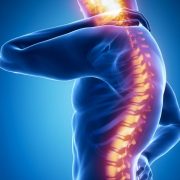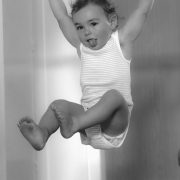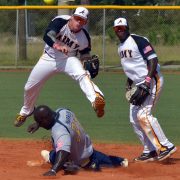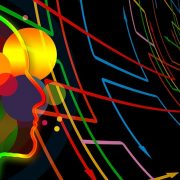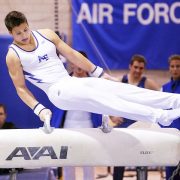It’s ok… I’ll admit it… I want abs! I want abs pretty badly. I want abs bad enough to train 4 times a week, eat low-carb and fast for 16 hours, 3 times a week. I mean… truly… I want abs!
So maybe you’ve figured this out by now but part of my training program is doing crunches and planks. You would figure those would help in achieving my goal, right? Now, what if doing crunches and planks could make me healthier? Do you think that’s possible? How would that be? What’s the link between rock hard abs and… health?
Anatomy 101
Muscles connect to your brain so that your brain can contract them. It’s a two-way street. It happens to be that abdominal muscles send their input to the brain via a relay station in the cerebellum by the name of fastigial nucleus (FN).
Classically, it has been accepted that the FN’s job is to relay sensory information to the brain so that it can control axial, proximal and ocular muscles.
More recently, there are reasons to believe that your abdominal muscles, via the FN, turn on parts of your brain that manage more than how you move!
Of abdominals, cerebellum and health
Abdominal training will turn on the FN and then, the FN will activate areas of your body that promote health. Here they are:
- The FN connects to specific cranial nerves (CN) that manage the muscles of your eyes (CN IV and VI) and your face (CN VII). The particularity of CN VII is that it is a cranial nerve that allows for facial expression. So, could it be that training your abs allows you to express yourself more efficiently?
- On monkeys, beagles and cats, it was found that the FN connects with the hypothalamus, a critical center for regulation of visceral and emotional activities. This was actually seen in mammals, including primates. So what if training your abs could allow you to digest better?
- In monkeys and rats, the FN connects to the hippocampus, amygdalae and nucleus accumbens, all involved in modulation of emotional activities. Could it be then that training your abs makes you more stable… in your head?
- The FN sends projections to components of the medulla, which mediate the baroreceptor reflex (cardio-vascular function). Could training your abs be good for your heart?
- It has been reported that electrical or chemical stimulation of the FN in anesthetized animals elicits significant respiratory responses. Could training your abs make you breathe better?
Conclusion
When looking at anatomy and physiology in an integrated manner, one can make links based on research and these links could explain why looking good for the beach actually does a body good!
For more information on how we can help you improve motor control and potentially make you healthier, feel free to contact me!

